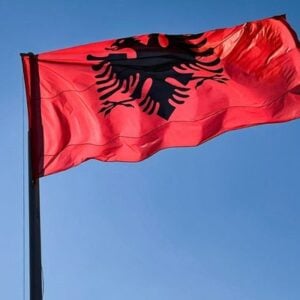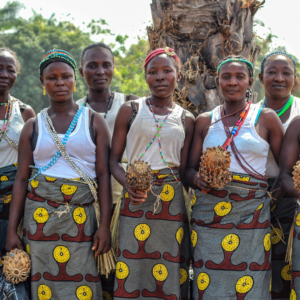The International Trade Centre (ITC) supports farmers in Senegal and other countries by helping them establish farm cooperatives, enabling small producers to gain more value from their products rather than selling raw goods. One notable example is the Agricultural Cooperative Society for Inclusive Development of the Niayes (COOPADIN), which operates in four towns near Dakar and is one of 29 cooperatives supported by ITC in Senegal. Founded in 2021 through the EU-funded West Africa Competitiveness Support Programme – Senegal Component (PACAO-Senegal), COOPADIN has grown to nearly 2,800 members, including individual farmers and 26 economic interest groups, which pool resources to amplify their impact.
A major challenge for farmers is financing essential inputs such as seeds and fertilizers. COOPADIN addresses this by allowing members to buy seeds on credit, paying 25% upfront and settling the remainder after the harvest. This system, supported by PACAO-Senegal and the Senegalese government, distributed significant quantities of urea, NPK fertilizers, and high-quality onion seeds, valued at approximately $44,000. Farmers like Djibril Bèye highlight that staggered payments and lower input costs help them better manage finances and invest in their farms, improving overall productivity.
In addition to financing, COOPADIN provides training in partnership with the National Agency for Agricultural and Rural Advisory (ANCAR). Members learn good agricultural practices, sustainable land management, and the Smallholder Horticulture Empowerment and Promotion (SHEP) approach, which emphasizes selling based on market demand rather than solely cultivating crops. Training also includes the use of the West African Competitiveness Observatory, which helps farmers, such as mango producers, identify new buyers in the region.
COOPADIN further strengthens market access through collective marketing strategies. The cooperative collaborates with leading horticultural distributors in Senegal, participates in trade missions to Guinea, and showcases its members’ expertise at the Dakar International Fair (FIDAK). These initiatives allow farmers to explore new markets, build business networks, and increase their sales opportunities beyond local markets.
Overall, cooperative societies like COOPADIN play a vital role in professionalizing farming, scaling agricultural value chains, and improving members’ livelihoods. By offering integrated support in production, management, and marketing, these cooperatives contribute to sustainable local development while helping farmers maximize the benefits from their work.







